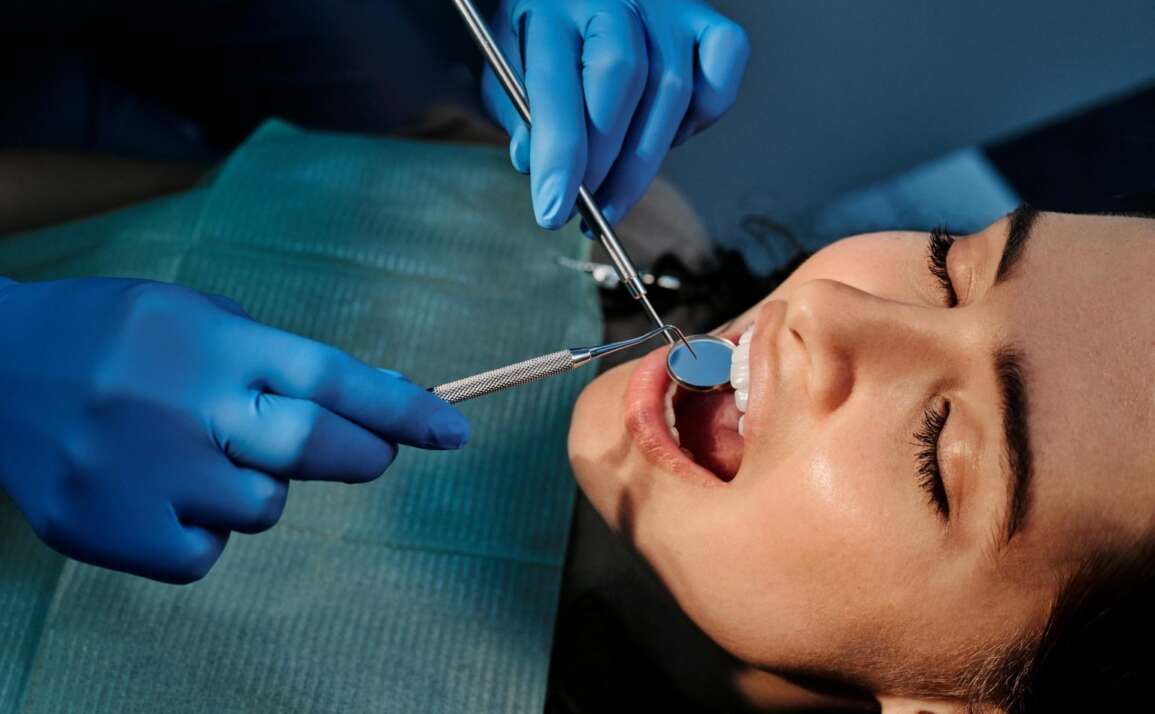Wisdom teeth removal has long been regarded as a necessary procedure to alleviate dental problems caused by impacted or misaligned third molars. However, groundbreaking research from the University of Pennsylvania reveals a fascinating and unexpected benefit of this common dental surgery: improved long-term taste perception. If you’re contemplating Wisdom Teeth removal in Melbourne, this discovery adds an exciting dimension to the decision-making process.
Research Insights: How Wisdom Teeth Removal Improves Taste Function
The study, published in Chemical Senses, assessed over 1,200 participants to evaluate changes in taste function following wisdom teeth extraction. Researchers observed a marked improvement in taste perception years after the surgery, with taste sensitivity increasing by as much as 10% for sweet, salty, sour, and bitter flavours.
Why does this happen? Wisdom teeth, when impacted or partially erupted, often create chronic inflammation or pressure on the lingual nerve, which plays a vital role in taste perception. Removing these problematic teeth appears to relieve this pressure, allowing the nerve to regain optimal functionality. As a result, patients may experience heightened sensitivity to flavours, particularly in the front two-thirds of the tongue, where the lingual nerve operates.
Why Wisdom Teeth Removal is a Common Necessity
Wisdom teeth can pose several challenges as they attempt to emerge in the late teens or early twenties. Limited space in the jaw often results in these teeth becoming impacted, leading to discomfort, swelling, and infections. Left untreated, wisdom teeth can also damage adjacent teeth, creating additional dental issues.
While some individuals avoid the procedure due to concerns about the wisdom teeth removal cost in Melbourne, the long-term benefits of preventing complications and now, potentially enhancing taste perception, outweigh the short-term expenses.
Understanding the Costs of Wisdom Teeth Removal in Melbourne
One of the most common concerns for patients is the wisdom tooth removal cost in Melbourne. Prices can vary based on the complexity of the extraction, the type of anaesthesia used, and the clinic you choose. The wisdom teeth removal cost in Melbourne for procedures without complexity is $225 to $250, and for the surgical procedure that comes with complexities, it is $250 to $375.
For those looking for cheap wisdom teeth Melbourne services, it’s essential to strike a balance between affordability and quality care. Many clinics in Melbourne offer flexible payment plans to make the procedure accessible to everyone.
What This Means for Food Enthusiasts?
Improved taste perception could enhance how you experience these offerings. Post-extraction, many patients report that their heightened ability to detect subtle flavours leads to a deeper appreciation for food and drink.
If you’re someone who loves exploring new cuisines, the potential for heightened taste sensation post-surgery is an exciting incentive to move forward with wisdom tooth extraction in Melbourne.
Preparing for Wisdom Teeth Removal
If you’re considering wisdom tooth removal Melbourne price options, it’s important to prepare for the procedure. A consultation with a dentist or oral surgeon will involve an assessment of your oral health, X-rays, and a personalized treatment plan. During the surgery, which typically takes 45 minutes to an hour, you’ll receive anaesthesia to ensure a painless experience.
Post-operative care is crucial for a smooth recovery. Follow these tips:
- Stick to a soft-food diet (think yogurt, soups, and smoothies) for the first few days.
- Avoid straws and smoking to prevent dry socket, a common complication.
- Keep the surgical site clean with saltwater rinses.
- Gradually reintroduce solid foods as your healing progresses.
The Long-Term Payoff: A Boost in Flavourful Living
The University of Pennsylvania’s research adds a compelling dimension to the conversation around wisdom teeth removal. While the procedure has always been about mitigating dental issues, the added benefit of improved taste perception is a game-changer. In the years following surgery, patients report not only fewer dental problems but also an enhanced ability to enjoy life’s simple pleasures, like tasting a perfectly brewed cup of coffee or savouring the spices in a rich curry.
Choosing the Right Provider in Melbourne
With numerous dental clinics in Melbourne offering wisdom teeth removal services, it’s important to choose a provider that balances affordability and expertise. Whether you’re exploring cheap wisdom teeth Melbourne options or seeking premium care, ensure your dentist is experienced in wisdom teeth extractions.
By understanding the wisdom tooth removal cost in Melbourne and working with a skilled provider, you can make an informed decision that benefits both your oral health and your overall quality of life.
Conclusion: More Than Just a Dental Procedure
Wisdom teeth removal is often viewed as a routine but inconvenient dental surgery. However, this new research underscores its broader benefits, offering a positive perspective on the procedure. If you’re in Melbourne and considering wisdom teeth removal in Melbourne, you now have an additional reason to proceed with confidence: your taste buds might just thank you.
Frequently Asked Questions:
1. Are there any signs that indicate wisdom teeth removal might be necessary?
Yes, common signs include persistent pain in the back of the jaw, swelling, gum inflammation, or difficulty opening the mouth. Some people may also experience headaches or discomfort in neighbouring teeth due to pressure from impacted wisdom teeth.
2. Can wisdom teeth removal help with jaw alignment or overcrowding?
Yes, removing wisdom teeth can prevent overcrowding and reduce pressure on adjacent teeth. This is particularly important for individuals who have undergone orthodontic treatments to maintain alignment.
3. Does wisdom teeth removal affect other senses apart from taste?
While the research focuses on taste improvement, some patients report reduced tension or discomfort in the jaw area, which can indirectly enhance comfort in chewing and speaking. However, there is no conclusive evidence about other sensory changes.
4. How does smoking impact recovery after wisdom teeth removal?
Smoking can delay healing by restricting blood flow and increasing the risk of complications like dry socket. It’s strongly advised to avoid smoking for at least 72 hours post-surgery to allow proper healing.
5. Can wisdom teeth removal reduce the risk of future dental complications?
Absolutely. Extracting problematic wisdom teeth can prevent issues such as gum infections, tooth decay in adjacent teeth, and the formation of cysts or tumours near impacted molars.
6. Is it possible to avoid wisdom teeth removal if they aren’t causing pain?
In some cases, wisdom teeth that are fully erupted, properly aligned, and easy to clean may not need removal. Regular dental check-ups and X-rays can help monitor their condition over time.
7. Are there any alternative treatments to extraction for managing wisdom teeth problems?
In certain situations, if the wisdom teeth are not severely impacted, a dentist may recommend regular monitoring, medication to manage pain or infection, or procedures to modify the gum tissue to alleviate discomfort.
8. Can wisdom teeth removal improve overall oral hygiene?
Yes, removing impacted or partially erupted wisdom teeth can make brushing and flossing easier, reducing the risk of cavities, gum disease, and infections. This is particularly helpful in preventing hard-to-reach areas from harbouring bacteria.
9. Are there specific precautions to take before wisdom teeth removal?
Prior to the procedure, your dentist may advise avoiding food or drink for a few hours if general anaesthesia is used. Additionally, inform your dentist about any medications or health conditions to ensure a safe surgery.
10. Does wisdom teeth removal impact jawbone health?
When wisdom teeth are removed, the jawbone can actually become healthier. Impacted wisdom teeth can cause pressure that leads to bone loss around neighbouring teeth. Extraction alleviates this pressure and promotes better overall bone health.



